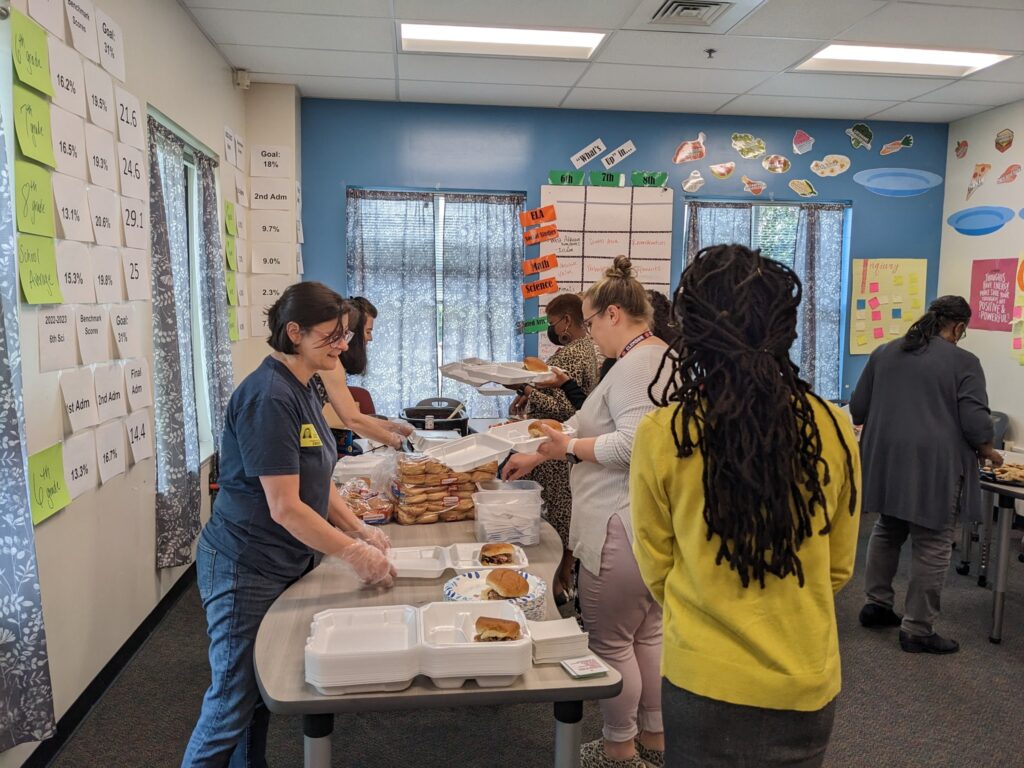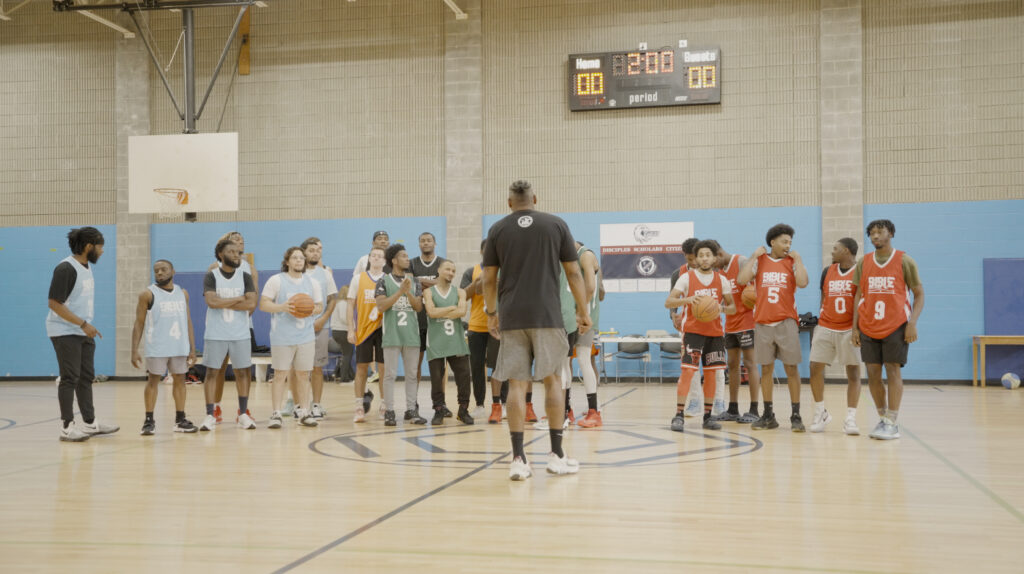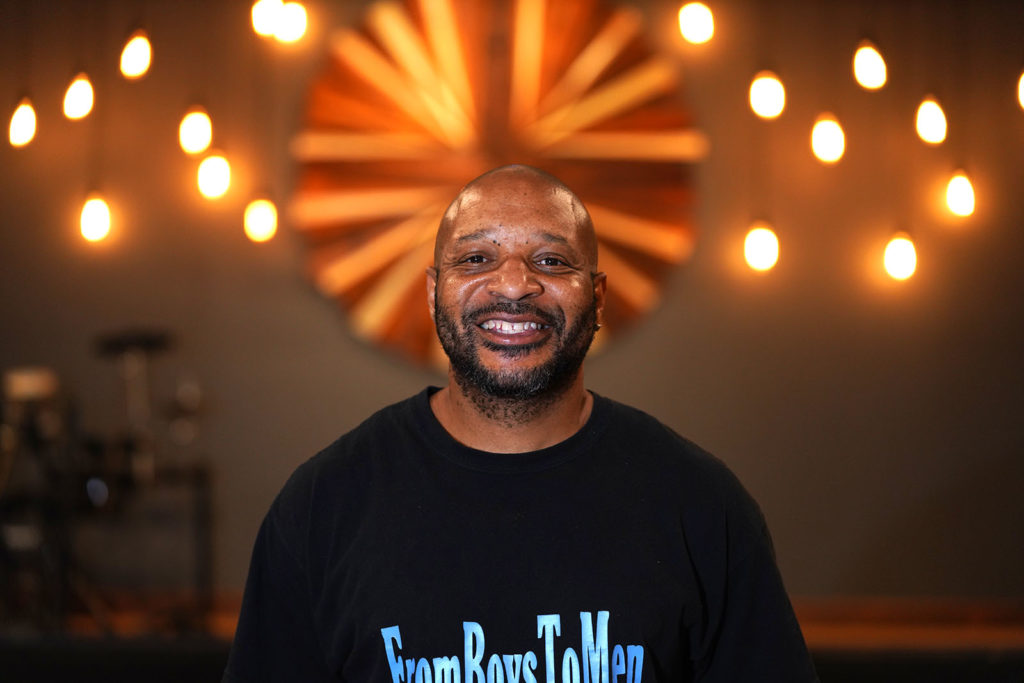Pastors Form Bond Serving Poverty-Impacted Communities
In South Carolina, 14% of the population lives below the poverty line.
In poverty-impacted communities, churches face unique challenges. Pastors aim to meet spiritual and tangible needs in their communities; however, this can mean long, lonely hours, next-to-nothing paychecks, and a lack of trust from members of their transient communities.
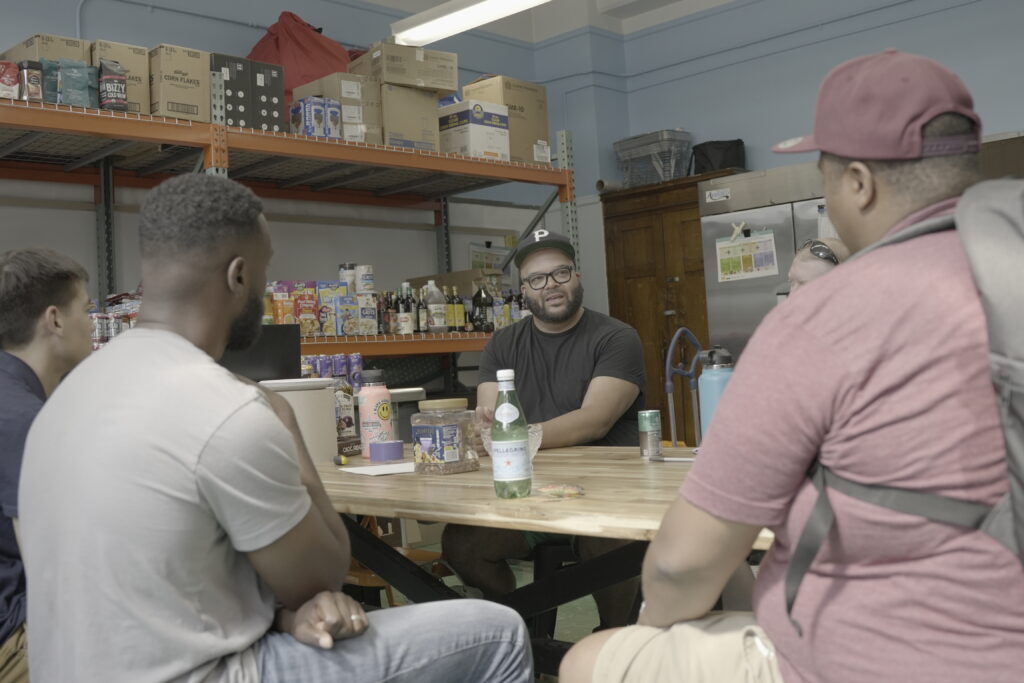
Seeking a Solution
Anthony “Ant” Frederick is the pastor of Midtown Fellowship’s Two Notch Church in Columbia, SC. He hoped to bring together other pastors serving similar communities in Columbia, SC. Jon Jamison, South Carolina Baptist Convention’s Serve Team Leader, encouraged Ant to take the initiative to start a cohort.
The Urban Pastor Cohort supports pastors who serve poverty-impacted communities. “Our vision was to create consistent opportunities for pastors to get together, commiserate, sharpen, encourage each other, and have a great time together,” stated Jamison.
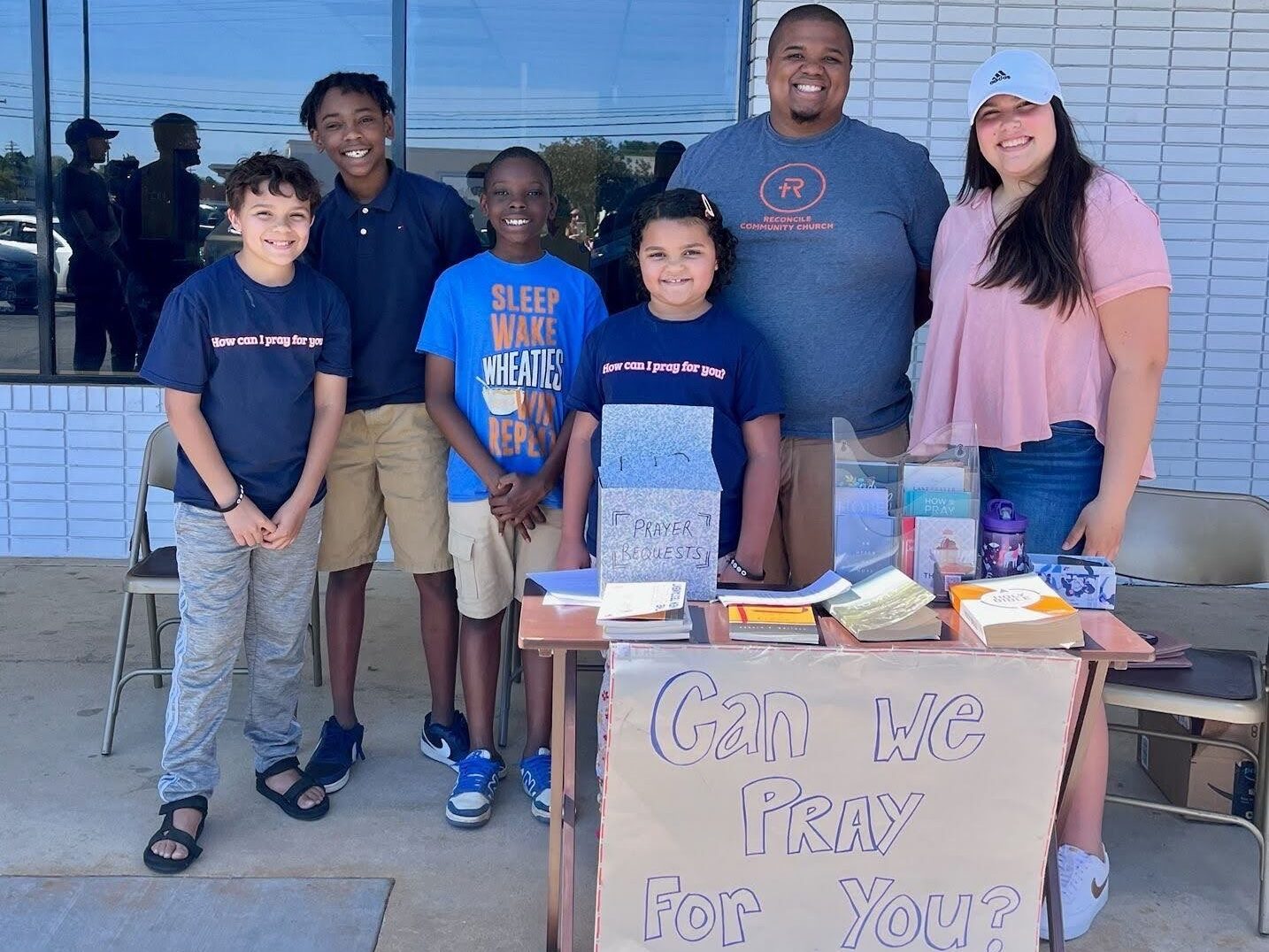
Sharing Burdens
Will Broadus is a founding member of the Urban Pastor Cohort and pastor of Reconcile Community Church in Greenville, SC. “We feel a sense of camaraderie,” shared Broadus. “I’ve been in ministry meetings where they discuss situations that don’t apply to my community. But having these guys say, ‘I understand those dilemmas. Here’s what we have done and what didn’t work,’ made me feel like we weren’t alone.”
“The mental health issues, drugs, and addictions of our neighbors are things that aren’t usually hidden. They’re right there on the front street,” added Jarrian “JayWill” Wilson, pastor of City of Refuge Church in Columbia, SC. The cohort taught Wilson that lacking resources doesn’t mean he lacks opportunities. “Maybe we can’t start at the same scale as another church, but we can start something similar because we’re ministering to similar communities. That’s what this cohort helps you think through. You think, ‘Hey, we can do this. It’s been done before!’”
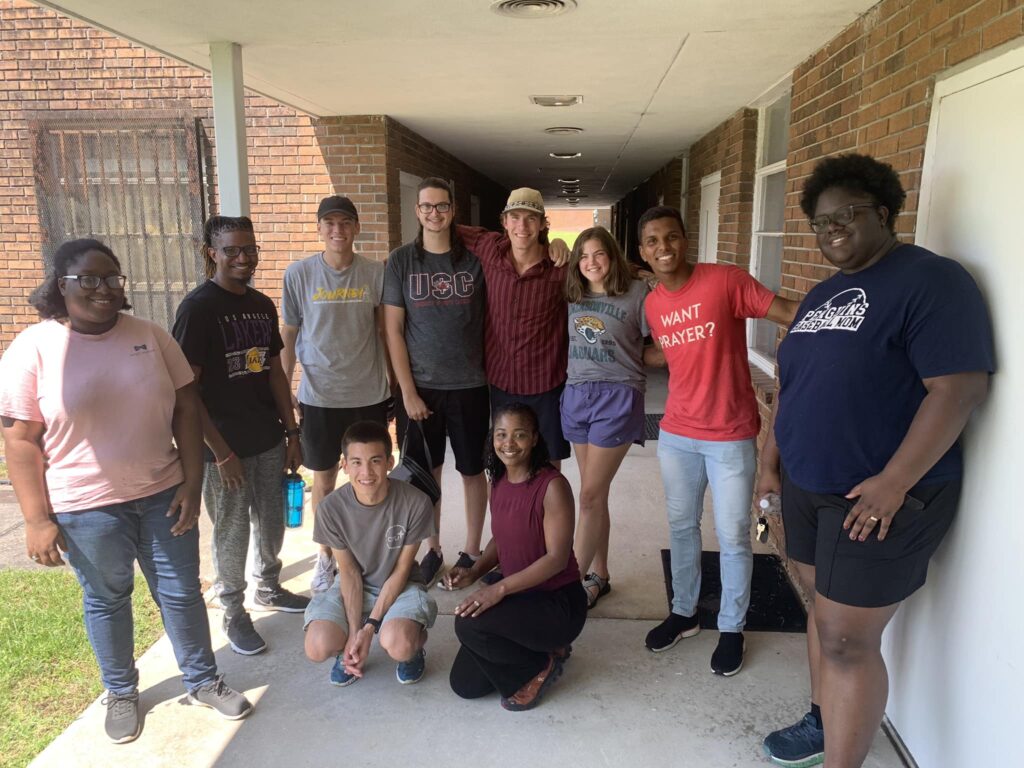
Meeting Tangible Needs
“One of the most tangible ways the Urban Pastor Cohort has helped our church advance is through block parties,” stated Justin Gates, a cohort and staff member at City of Refuge Church. “When our church was first planted, we didn’t know how to begin hosting a block party, but another church in the cohort has hosted them many times, so they gave us ideas and even pointed out areas where they wanted to improve their strategy. We were able to strategize better than if we were by ourselves.”
Last year, City of Refuge Church hosted a block party to install a roof on the home of a person who lived down the street from the church.
“People in the community noticed!” Gates remembered excitedly. “The very next Sunday, someone came to our church and formed a friendship with a church member because they’d seen us put that roof up. They’re still friends to this day. So, we not only met a tangible need — but someone heard the Gospel and connected to a church because of it. People in our community still know us as ‘the church that put a roof on someone’s house.’”
